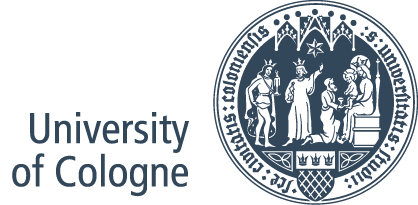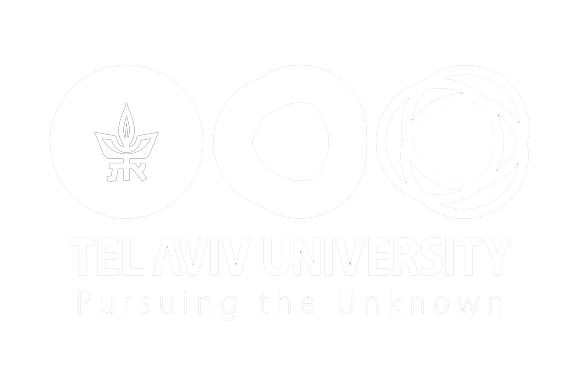Persons
Jan Crusius
Publications (selection)
Genschow, O., Westfal, M., Cracco, E., & Crusius, J. (2022).
"Group Membership Does Not Modulate Automatic Imitation." Psychological Research, 86(3), 780–791.Lange, J., & Crusius, J. (2022).
"How Envy and Being Envied Shape Social Hierarchies." In S. Protasi (Ed.), The Moral Psychology of Envy (pp. 41–59). Rowman & Littlefield.Crusius, J., & Lange, J. 2021.
"Counterfactual Thoughts Distinguish Benign and Malicious Envy." Emotion, 21(5), 905–920.Crusius, J., Thierhoff, J., & Lange, J. 2021.
"Dispositional Greed Predicts Benign and Malicious Envy." Personality and Individual Differences, 168, 110361.Genschow, O., Westfal, M., Crusius, J., Bartosch, L., Feikes, K. I., Pallasch, N., & Wozniak, M. (2021).
"Does Social Psychology Persist Over Half a Century? A Direct Replication of Cialdini Et Al.’s (1975) Classic Door-in-the-Face Technique." Journal of Personality and Social Psychology, 120(2), e1–e7.Genschow, O., Cracco, E., Verbeke, P., Westfal, M., & Crusius, J. (2021).
"A Direct Test of the Similarity Assumption—Focusing on Differences as Compared with Similarities Decreases Automatic Imitation." Cognition, 215, 104824.Westfal, M., Crusius, J., & Genschow, O. (2021).
"Imitation and Interindividual Differences: Belief in Free Will Is Not Related to Automatic Imitation." Acta Psychologica, 219, 103374.Lammers, J., Crusius, J., & Gast, A. 2020.
"Correcting misperceptions of exponential coronavirus growth increases support for social distancing." Proceedings of the National Academy of Sciences, 202006048.Crusius*, J., Gonzalez*, M. F., Lange*, J., & Cohen-Charash*, Y. 2019.
"Envy: An adversarial review and comparison of two competing views." Emotion Review, 12, 3–21.Lange, J., Redford, L. & Crusius, J. 2019.
"A Status-Seeking Account of Psychological Entitlement." Personality and Social Psychology Bulletin, 45(7).Crusius, J., Lange, J. & Weidman, A. C. 2018.
"The Painful Duality of Envy: Evidence for an Integrative Theory and a Meta-Analysis on the Relation of Envy and Schadenfreude.“ Journal of Personality and Social Psychology, 114(4).Lange, J., Blatz, L., & Crusius, J. 2018.
Dispositional Envy: A Conceptual Review. In V. Zeigler-Hill & T. K. Shackelford (Eds.), SAGE Handbook of personality and individual differences. Thousand Oaks, CA: SAGE.Lange, J., Paulhus, D. L. & Crusius, J. 2018.
"Elucidating the Dark Side of Envy: Distinctive Links of Benign and Malicious Envy with Dark Personalities." Personality and Social Psychology Bulletin, 44, 601–614.McCarthy, R. J., Skowronski, J. J., Verschuere, B., ... Blatz, L., Crusius, J. & Yıldız, E. 2018
"Registered Replication Report on Srull and Wyer (1979)." Advances in Methods and Practices in Psychological Science, 1, 321–336.Verschuere, B., Meijer, E. H., Jim, A., ... Blatz, L., Crusius, J. & Yıldız, E. 2018.
"Registered Replication Report on Mazar, Amir, and Ariely (2008)." Advances in Methods and Practices in Psychological Science, 1(3), 299-317.Crusius, J. & Lange, J. 2017.
"How Do People Respond to Threatened Social Status? Moderators of Benign Versus Malicious Envy.” In: R. H. Smith, U. Merlone, & M. K. Duffy (Eds.), Envy at Work and in Organizations. New York, NY: Oxford University Press, 85-110.Appel, H., Gerlach, A. L. & Crusius, J. 2016.
"The Interplay Between Facebook Use, Social Comparison, Envy, and Depression.” Current Opinion in Psychology, 9, 44-49.Corcoran, K. & Crusius, J. (in press).
"Sozialer Vergleich.“ In: Frey, D. & Bierhoff, H.-W. "Sozialpsychologie - Soziale Motive und Soziale Einstellungen, Enzyklopädie der Psychologie." Hogrefe, Vol. C/VI/2, 87-106.Lange, J., Crusius, J. & Hagemeyer, B. 2016.
"The Evil Queen’s Dilemma: Linking Narcissistic Admiration and Rivalry to Benign and Malicious Envy. European Journal of Personality, 30, 168-188.Appel, H., Crusius, J. & Gerlach, A. 2015.
"Social Comparison, Envy, and Depression on Facebook: A Study Looking at the Effects of High Comparison Standards on Depressed Individuals." Journal of Social and Clinical Psychology, 34(4), 277-289.Crusius, J. & Lange, J. 2015.
"Envy." In: M. Altman (Ed.), Real World Decision Making: An Encyclopaedia of Behavioral Economics. Santa Barbarba, CA: Greenwood, 122-123.Crusius, J. & Lange, J. 2015.
"Real-World Decision Making: An Encyclopedia of Behavioral Economics: Envy." In: Altmann, M. "Real-World Decision Making: An Encyclopedia of Behavioral Economics." Greenwood, 122-123.Lange, J. & Crusius, J. 2015.
"Dispositional Envy Revisited. Unraveling the Motivational Dynamics of Benign and Malicious Envy." Personality and Social Psychology Bulletin, 41(2), 284-294.Lange, J. & Crusius, J. 2015.
"The Tango of Two Deadly Sins: The Social-Functional Relation of Envy and Pride." Journal of Personality and Social Psychology, 109(3), 453-472.Lange, J. & Crusius, J. 2015.
"Dispositional Envy Revisited: Unraveling the Motivational Dynamics of Benign and Malicious Envy." Personality and Social Psychology Bulletin, 41(2), 284-294.Open Science Collaboration (with Crusius, J.) 2015.
"Estimating the Reproducibility of Psychological Science.” Science, 349(6251).Corcoran, K. & Crusius, J. 2014.
"Warum sozialpsychologische Forschung für die Rechtswissenschaften von Interesse ist [Why Social Psychological Research is of Interest for Law].“ Austrian Law Journal, 1, 29–35.Crusius, J. & Lange, J. 2014.
"What Catches the Envious Eye? How Malicious and Benign Envy Bias Attention.” Journal of Experimental Social Psychology, 55, 1-11.Open Science Collaboration (with Crusius, J.) 2014.
"The Reproducibility Project: A Model of Large-Scale Collaboration for Empirical Research on Reproducibility. In: V. Stodden, F. Leisch, & R. D. Peng (Eds.), Implementing Reproducible Research, 299–324. New York, NY: Taylor & Francis.Press releases
The University Award of the University of Cologne in the category “Teaching & Studies” for the year 2020 goes to …
This year, the German Society of Psychology (DGPs) awards the prize to the editorial team of the online magazine In-Mind. …
In the media
BBC Future, 13.08.2020 | David Robson
“A simple mathematical mistake may explain why many people underestimate the dangers of coronavirus, shunning social distancing, masks and hand-washing. […] In March, Joris Lammers at the University of Bremen in Germany joined forces with Jan Crusius and Anne Gast at the University of Cologne to roll out online surveys questioning people about the potential spread of the disease. Their results showed that the exponential growth bias was prevalent in people’s understanding of the virus’s spread, with most people vastly underestimating the rate of increase.”Link to article: https://www.bbc.com/future/article/20200812-exponential-growth-bias-the-numerical-error-behind-covid-19
In-Mind, 23.03.2020 | Jan Crusius
“Die große Gefahr des Coronavirus liegt darin, dass eine zu schnelle Ansteckung von vielen Menschen das Gesundheitssystem überfordert. Psychologische Forschung zeigt, dass es Menschen sehr schwer fällt, exponentielle Entwicklungen intuitiv zu erfassen. Darin könnte ein Grund liegen, warum einige das Risiko immer noch unterschätzen.”Link to article: https://de.in-mind.org/blog/post/coronavirus-warum-die-dynamik-der-ansteckungsgefahr-so-schwer-zu-begreifen-ist
Spektrum, 10.07.2018 | Theodor Schaarschmidt
“‘Neidisch werden wir, wenn wir uns mit einer anderen Person vergleichen und dabei feststellen: Sie ist uns überlegen in dem, wie sie ist, was sie besitzt oder erreicht hat’, erklärt der Sozialpsychologe Jan Crusius von der Universität Köln. ‘Besonders schmerzhaft wird es dann, wenn wir unser Gegenüber als besonders ähnlich wahrnehmen und die entsprechenden Ziele eine hohe persönliche Relevanz für uns besitzen.'”Link to article: https://www.spektrum.de/news/psychologie-warum-wir-neidisch-sind/1571020
Psychologie Heute, 13.06.2018 | Frank Luerweg
“Wir sind soziale Wesen und brauchen Kontakt. Doch die Gegenwart anderer Menschen sorgt auch für Stress: Ständig müssen wir reagieren, uns anpassen, uns durchsetzen. Wie gelingt es da gelassen zu bleiben?”Link to article: https://www.psychologie-heute.de/leben/39247-gemeinsam-im-stress.html
Spektrum, 13.04.2018 | Theodor Schaarschmidt
“Stolz ist ein schwer zu fassendes Phänomen. Auch, weil es in so mannigfaltiger Form auftritt: Mal sind wir stolz auf eigene Verdienste, mal auf die anderer, die wir aber durch diesen kognitiven Kniff dann doch wieder als unsere eigenen verbuchen. Einige Menschen sind sogar stolz auf Dinge, die völlig jenseits ihrer Wirksphäre liegen, auf ihre Ethnie etwa oder auf ihr Herkunftsland. […] Doch wozu dient Stolz überhaupt? Die beiden Kölner Sozialpsychologen Jens Lange und Jan Crusius haben ihn für ihre Forschungsarbeit mit einem anderen Laster in Beziehung gesetzt: dem Neid. In einer Reihe von Studien ergründeten die Forscher das zwiespältige Wesen von Neid wie von Stolz. »Beide Emotionen interagieren miteinander«, erläutert Jan Crusius seine Hypothese. In ihrem Zusammenspiel hätten sie dann eine wichtige soziale Funktion: »Sie helfen uns dabei, Status auszuhandeln und diesen auch zu kommunizieren.«”Link to article: https://www.spektrum.de/news/die-psychologie-des-stolzes/1538073
The Inquisitive Mind, 01/2018 | Jan Crusius & Oliver Genschow
“Can psychological research still be trusted? In-Mind interviewed Daniel Lakens and Klaus Fiedler-two of the most prominent voices in the debate on how psychological science can be improved. In this interview, they offer a personal view on how psychology has changed and how it should change in the future. They describe their personal motivation and how the debate has affected their own work.”Link to article: http://www.in-mind.org/blog/post/we-are-ready-to-move-an-interview-with-daniel-lakens-and-klaus-fiedler-on-the-current
Frankfurter Allgemeine Zeitung, 19.02.2017 | Katrin Hummel
“An Völlerei oder Faulheit lässt sich so einiger Spaß haben, aber Neid – den gesteht man auch sich selbst gegenüber ungern ein, besonders in seiner destruktiven Version, der Missgunst. Der Neid vergiftet die Seele, spaltet Beziehungen. Er widert selbst den an, der ihn zeigt. […] In weniger dramatischen Fällen kann man sich allerdings durchaus einiger Tricks bedienen, um missgönnenden Neid auch ohne psychologische Hilfe zumindest zu mildern. Man kann sich zum Beispiel auf das konzentrieren, was man besser kann als der, den man beneidet, indem man auf andere Bereiche ausweicht, sagt Jan Crusius, Sozialpsychologe an der Uni Köln.”Link to article: http://www.faz.net/aktuell/gesellschaft/eine-charakterkunde-klaert-ueber-neidgefuehle-auf-14871499.html
Psychologie Heute, 01.03.2017 | Frank Luerweg
“Spieglein, Spieglein an der Wand: Die sozialen Medien befeuern unseren Drang, uns mit anderen zu vegleichen. Bei Facebook, Instagram und Co gibt es weder Misserfolg noch Unglück. Wie beeinflusst uns das?[…] ‘Wir vergleichen uns rund um die Uhr’, sagt Jan Crusius, der an der Universität Köln zu diesem Thema forscht und lehrt. […] ‘Es ist paradox: Eine objektive Zahl ist oft viel informativer’, erläutert Crusius. ‘Dennoch ist der Vergleich mit einer spezifischen Person psychologisch relevanter.'”Link to article: https://www.psychologie-heute.de/das-heft/aktuelle-ausgabe/detailansicht/news/die_schoensten_im_ganzen_land-1/
New Scientist, 01.05.2016 | o.A.
„Not all grandiose narcissists seem able to cash in on the benefits of their personality trait, however. ‘Sometimes they can be disliked by others,’ says Lange. To explore why this might be, he and Jan Crusius, a colleague at the University of Cologne, looked at research into possible subgroups of grandiose narcissists. Some are characterised by ‘narcissistic admiration’, others by ‘narcissistic rivalry’ – the former being driven by hope for success, the latter by fear of failure.”Link to article: https://www.newscientist.com/article/mg23130810-200-all-about-me-how-to-be-a-successful-narcissist/
www.runnersworld.com, 05.01.2015 | Scott Douglas
„As Jens Lange and Jan Crusius, of Germany’s University of Cologne write, in contrast to English, many languages have different words for different types of envy. […] Lange and Crusius call the first form of envy ‘benign envy’ and the latter ‘malicious envy’. Using a questionnaire designed to assess the two forms of envy, they found that runners who tend toward benign envy had better results at the Cologne Marathon than those whose disposition is more suited to malicious envy.”Link to article: http://www.runnersworld.com/newswire/how-envy-can-make-you-a-better-runner



